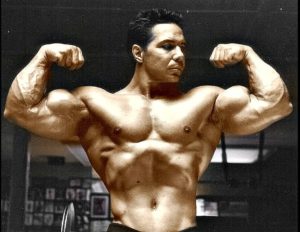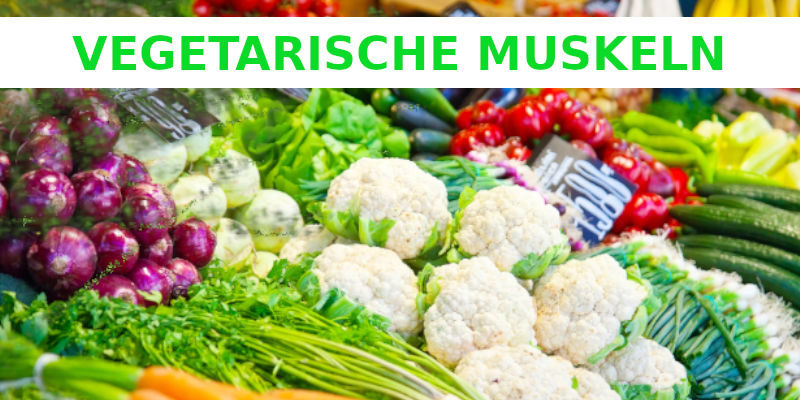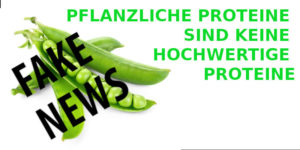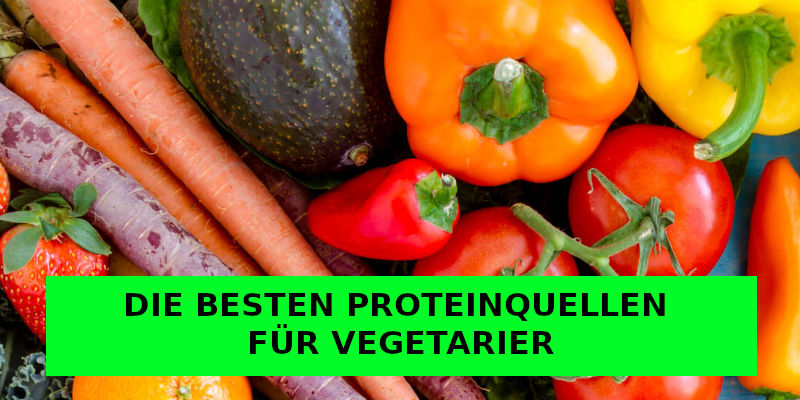Ever since the Olympic strength athlete was born, historical accounts often tell of how elite athletes of old times consumed huge amounts of meat as part of their habitual intake.
Despite the growing popularity vegetarian nutrition concepts In modern society, the mere thought of vegetarianism brings to some athletes thoughts of how their hard-earned muscles are melting away with inadequate protein intake, micronutrient deficiencies, declining testosterone levels, and strength disappearing into nothing.

But the truth is that there is a growing list of elite athletes who are performing well on a meat-free diet. From some of the best known, like 4-time Mr. Universe and IFBB Hall of Fame member Bill Pearl, to the dynamic, young stars of the professional athletics scene, such as Raja Bell, player of the NBA Utah Jazz, Serge Gnabry member of the German national soccer team and Ultimate Fighter Jon Fitch.
So what's the truth here? Is it possible to lift massive weights, perform tremendously, and even be massive in your elective sports, all on a plant-based diet?
Before we dive into the intricacies of a plant-based diet, please take a look at the terminology that describes the most common forms of vegetarian diets consumed today.
CLASSIC CATEGORIES OF VEGETARISM AND ACCEPTABLE FOOD
OVOLACTO-VEGETARIER
No consumption of red meat, poultry or fish. Eier und Dairy products can be consumed or excluded, depending on individual choice.
- Ovo vegetarianism excludes milk and dairy products.
- Lacto-Vegetarismus excludes eggs and egg products.
VEGAN
Closes all food and animal-based products (including Gelatin, honey and additives from animal sources).
FRUTARIER
Relates only fruits and seeds.
MORE MUSCLES WITHOUT MEAT
Perhaps are you already convinced. You want this diet try it out, but as a critical athlete you are a little skeptical.
- Will I let my gains shrink like a prune?
- Will I be weak as a withered leaf of lettuce?
already read..?



2 comments
Comments are closed.